This activity is provided by Med Learning Group.
This activity is supported by an independent medical education grant from Regeneron Pharmaceuticals, Inc. and Sanofi.
Copyright © 2019 Med Learning Group. Built by Divigner. All Rights Reserved.
Chronic obstructive pulmonary disorder (COPD) symptoms can be different from person to person, therefore, sharing what symptoms you are experiencing and how often they occur can help determine how COPD is most affecting your life.1 This will also assist your healthcare professional with identifying a treatment plan that is customized for you.1 Reporting any symptoms you are feeling should be done as soon as possible; earlier diagnosis, treatment and control of COPD can help decrease lung damage.1
Here is a list of the most common COPD symptoms:1,2
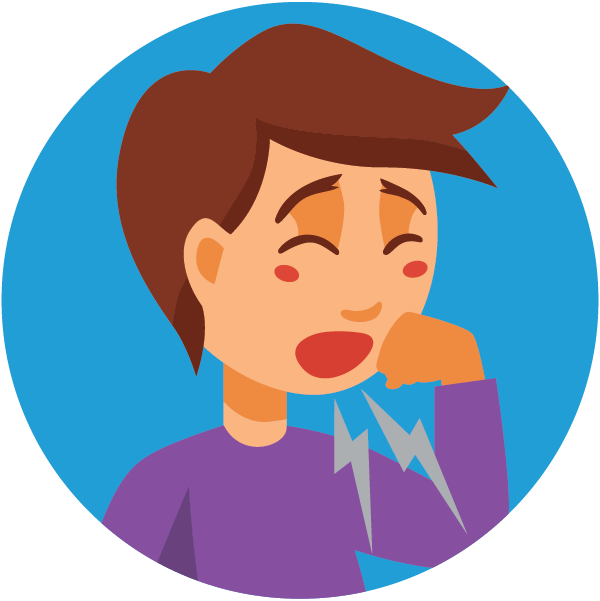

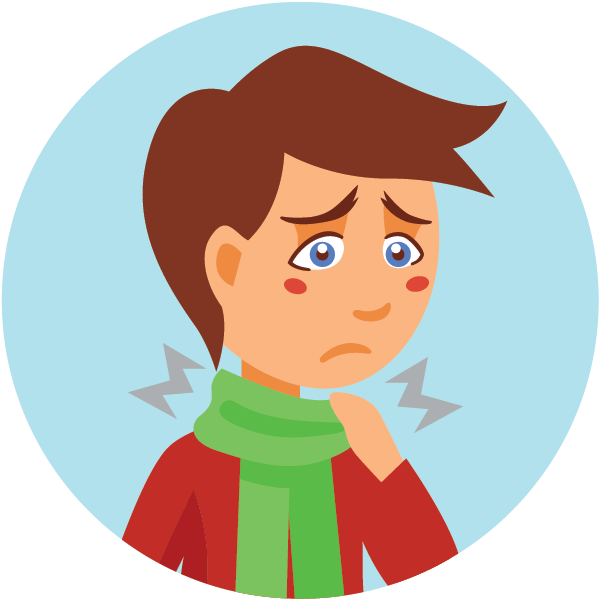
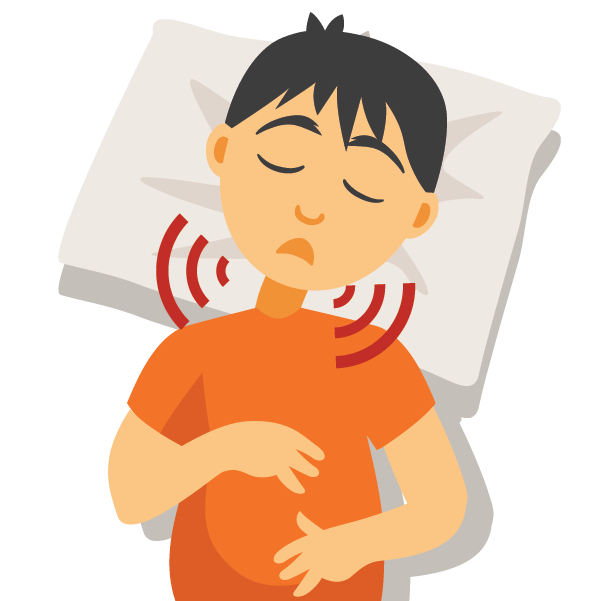
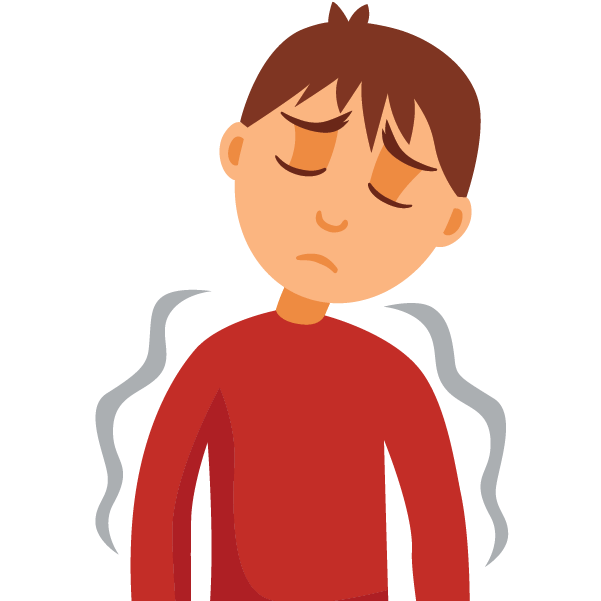
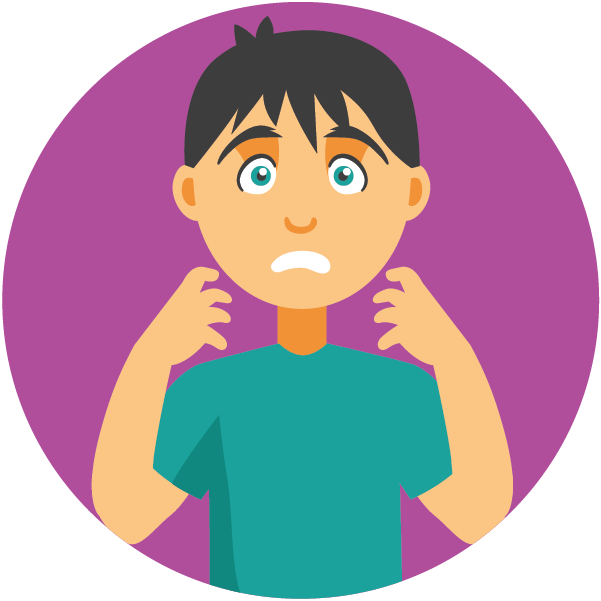

If COPD is suspected, a detailed history of your health, a physical exam, and breathing tests will be performed.1,3 Important elements of a history include determining if you were exposed to tobacco smoke (current/previous smoking and secondhand smoke), air pollution, chemicals, dust or fumes.3 Health history questions may ask about childhood respiratory infections and other conditions that may be present alongside COPD, such as heart disease, osteoporosis, anxiety, or depression.3 You may also be asked about whether any family members have been diagnosed with COPD, a genetic disorder called alpha-1 deficiency, or another chronic lung disease.3
Symptom specific questions may ask about what symptoms you are feeling (shortness of breath, having a persistent cough, or coughing up mucus) and whether you have worsening symptoms or flares, including changes in activity level, missing work or being hospitalized for them.3 Identifying situations or triggers where symptoms may seem to get worse, such as during season changes or specific types of weather, are also important.3
Your healthcare provider may conduct breathing tests in the office or lung function tests in a pulmonary function lab to aid in diagnosing COPD. Other tests may also be conducted to help exclude other conditions with similar symptoms, evaluate lung function, and identify features that can determine COPD type.3
All URLs accessed March 10, 2025
This activity is provided by Med Learning Group.
This activity is supported by an independent medical education grant from Regeneron Pharmaceuticals, Inc. and Sanofi.
Copyright © 2019 Med Learning Group. Built by Divigner. All Rights Reserved.
